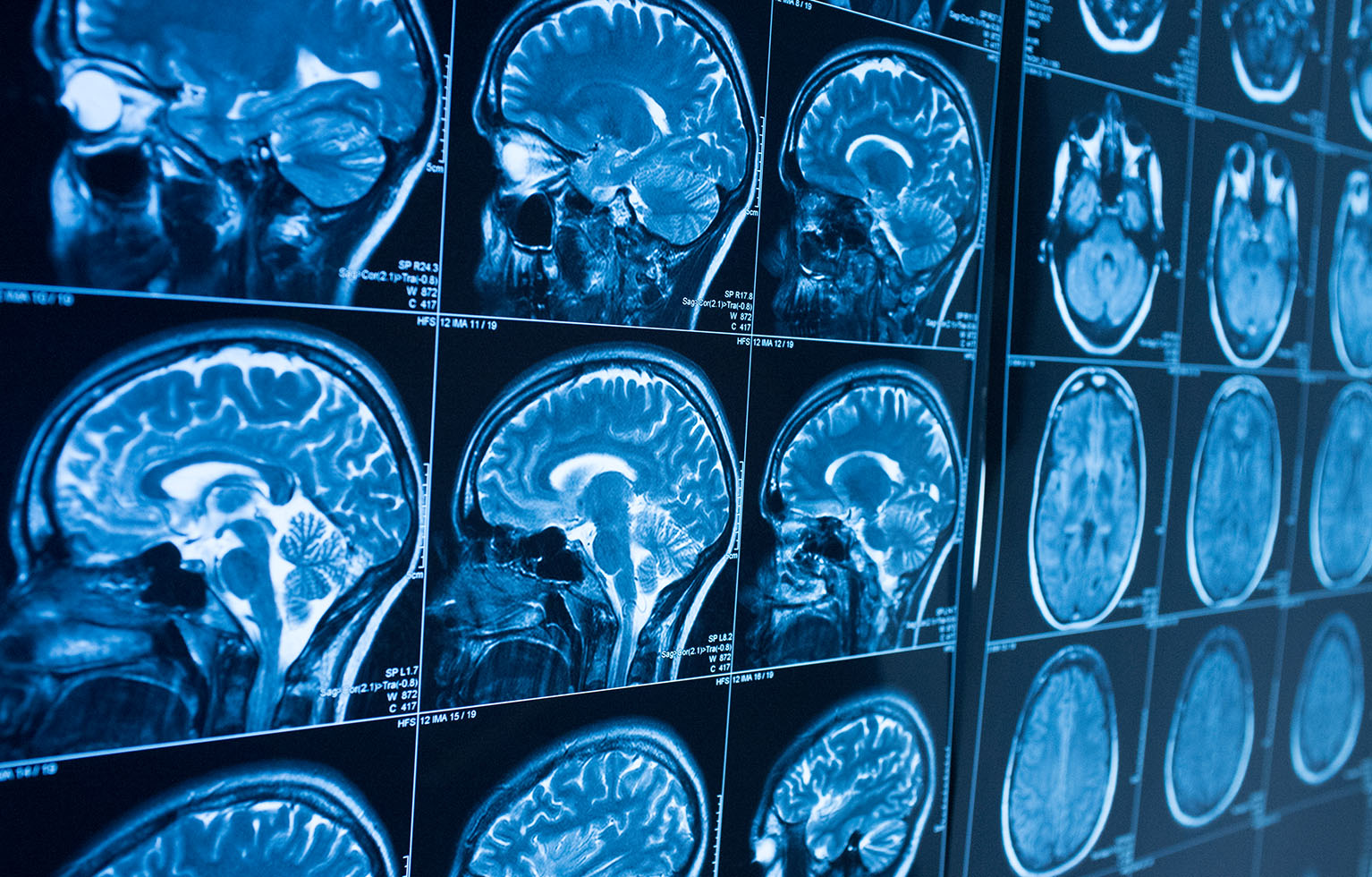 Two members of the department are experts on the philosophical study of mind, consciousness, and scientific concepts.
Two members of the department are experts on the philosophical study of mind, consciousness, and scientific concepts.
Dr. Anthony Peressini works in philosophy of mind and consciousness, science, mathematics, and he is also a researcher in psychology. His is especially interested in the relationship between science, scientific results and philosophical theorizing. Learn more about his work.
Dr. Corinne Bloch-Mullins’s research interest is the study of concepts–the mental categories with which we carve up the world, and which enable us to integrate our experiences and generalize from them. She studies the formation, development, and application of both folk and scientific concepts, and the role that scientific concepts play in investigative practice. Read more about her work.
Dr. Bloch-Mullins is also director of the Cognitive Science Program. The Cognitive Science Program brings together faculty from seven departments across campus to provide students with foundational knowledge and skills for an interdisciplinary inquiry into cognition. The layered and flexible curriculum assures that students get both a broad exposure to a wide breadth of topics and the opportunity to dive deeper into a specific area of interest. Personalized advising helps students choose courses that would cohere with their specific interests and any additional programs of study at Marquette. On their senior year, students participate in a capstone seminar in which they are challenged to draw on—and integrate—tools from the various courses they had taken in order to tackle “big problems” in cognitive science.
The Cognitive Science major provides students with a multidisciplinary skill set for a growing job market in a high-tech economy. Career possibilities include: computer-human interactions, information processing, product design, communication, education, and more. It also offers students a pathway to diverse graduate training opportunities in disciplines such as psychology, philosophy, data science, speech pathology, linguistics, anthropology, law, medicine, and more.
Read more about the program in a recent write-up in Discover Magazine.
In addition, the department contributes to Neuroscience PhD Program. Neuroscience is the study of the structure and function of the brain and nervous system and is currently one of the fastest growing areas in science education and research. There is an incredible demand for professionals with a neuroscience background across a wide spectrum of professions, ranging from medicine and research to business and law. The neuroscience PhD program is designed with interdisciplinary research training and curriculum to prepare students for doctoral level interdisciplinary career opportunities in the growing arena of neuroscience research and industry.
 Two members of the department are experts on the philosophical study of mind, consciousness, and scientific concepts.
Two members of the department are experts on the philosophical study of mind, consciousness, and scientific concepts. 


